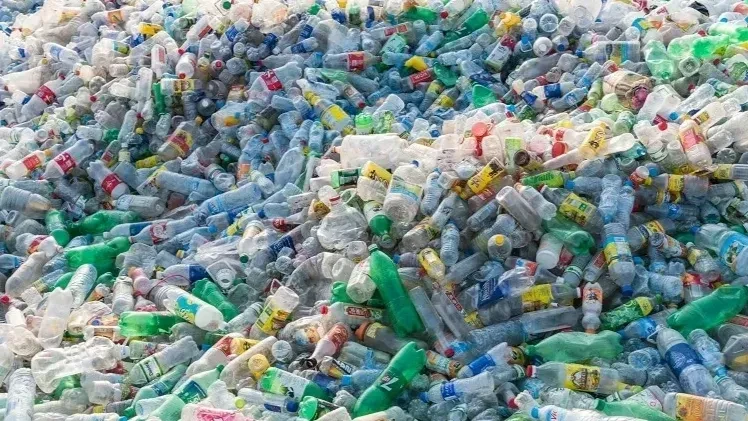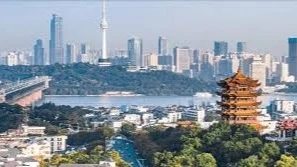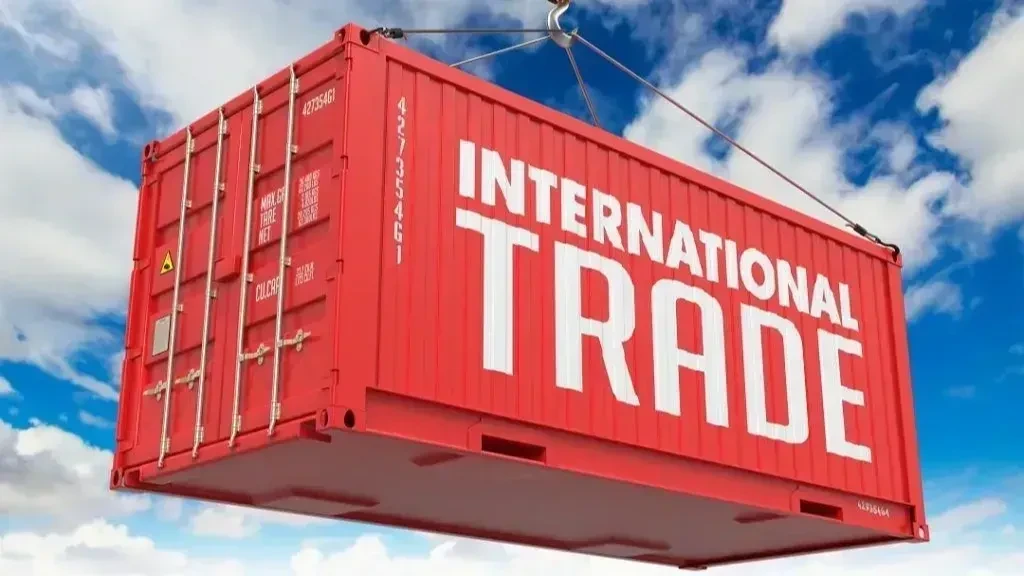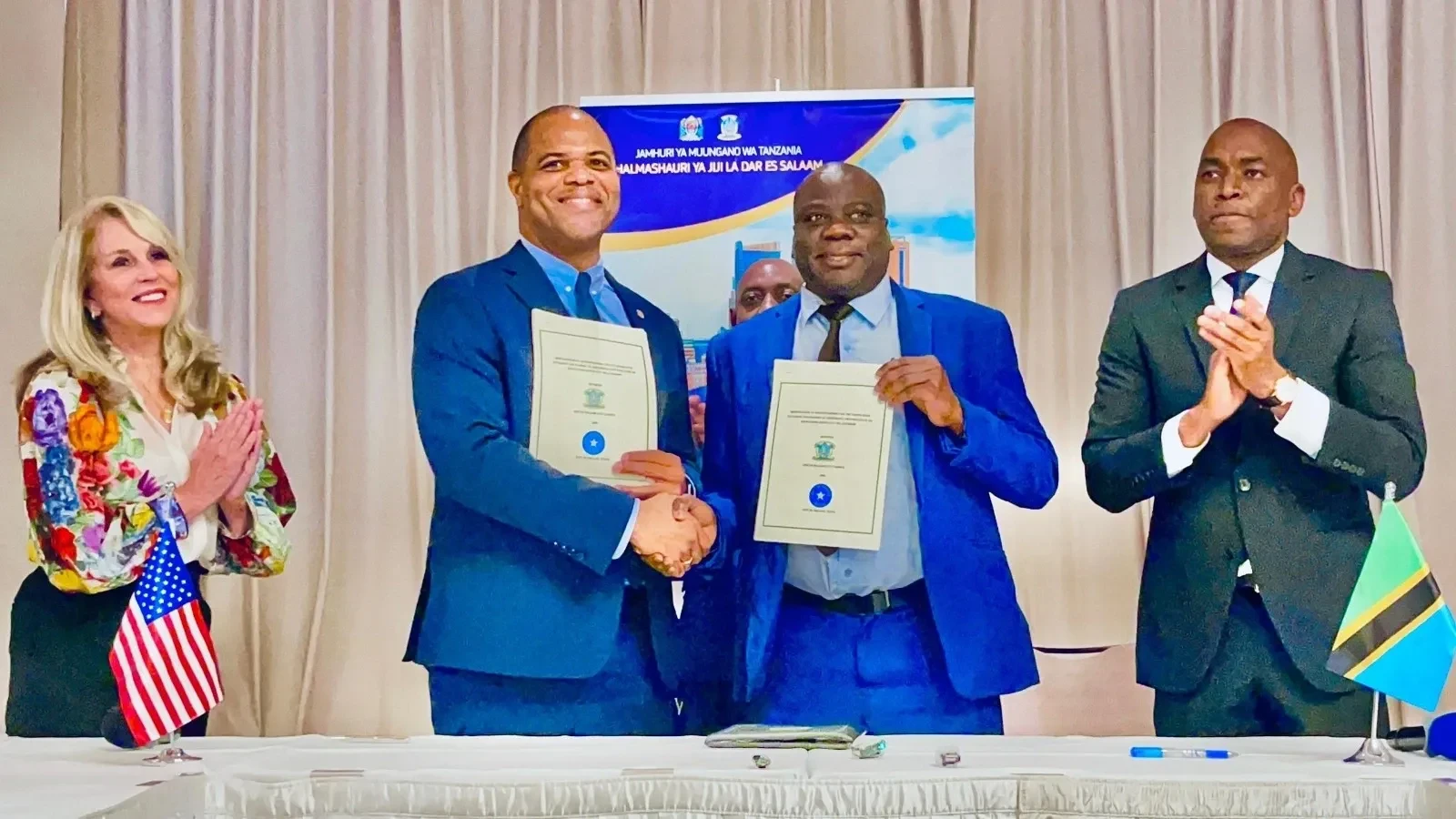NGOs need business models to tackle global plastics crisis

FRANTIC efforts by civil society organizations and activists from across Africa gathered at the European headquarters of the United Nations for a legally binding global plastics treaty appear to be counter current to issues of global economic and environmental negotiations generally. This was evident in preliminary remarks by the Pan-Africa plastics project coordinator for the global NGO, Greenpeace Africa, who said in a background statement that Africa, despite contributing a small fraction in global plastics production, bears a disproportionate burden of pollution, much of it imported. That might indeed be true, but morally based financing is not operable at present.
There was for instance little reason to stage a protest at a major square in the UN European capital of Geneva, at the start of the final round of government negotiations for a binding treaty, in the ten day conference approaching its final stages. Activists reportedly donned bright yellow, red and orange clothing to symbolize the urgency of the plastics crisis, with placards urging an end to unregulated plastics production.
The key demand was for production cuts and fair burden sharing as activists represent governments that constantly seek funding to tackle such problems.
Developed or industrialised countries have often sought to meet such demands halfway by co-financing, but more significant is the conservative approach, of turning clearing plastics into a business like construction of roads, dams or health centres. Governments seek public financing so that it is added to budgets and used in like manner as the usual cash earned from revenue collection and external budget support or project financing.
It consists in one-way transfer of .resources, implying that these needs be budgeted for in those countries as if they were own problems, whereas in reality climate issues, and its plastics cousin, are internally tackled, first.
There was little need to belabour the point that African communities are drowning in plastic waste while contributing just a fraction in global production, if indeed the wastes in which we perhaps drawn arise from our own consumption. What the formulation talks about is plastics pollution in high seas, where evidently it is the big polluters who put marine ecosystems on a thread in many countries, even if coral reefs for instance suffer from domestic pollution,
The NGO activists were in part saying that those items are imported from the West, so it is them who cause the pollution, essentially a circular argument of the egg and hen cause selection type.
There was plenty of insistence that the world agrees on a treaty that tackles the problem at its source by cutting production rather than shifting the burden to countries that are least responsible. This position creates a world problem instead of accepting that all problems are finally local, and decision making is at the national level, where the rest of the world simply reacts or takes up what a country floats, levels at the world in the course of trying to solve a problem, whether it is climate change or plastics.
The best way to go about it is without doubt to lay out strategies to engage major companies to clear wastes, presumably on a public-private partnership basis, as then foreign countries will be subsidizing their own firms to take part in solving problems in a particular country. Telling them they are the problem solves nothing.
Top Headlines
© 2025 IPPMEDIA.COM. ALL RIGHTS RESERVED

















